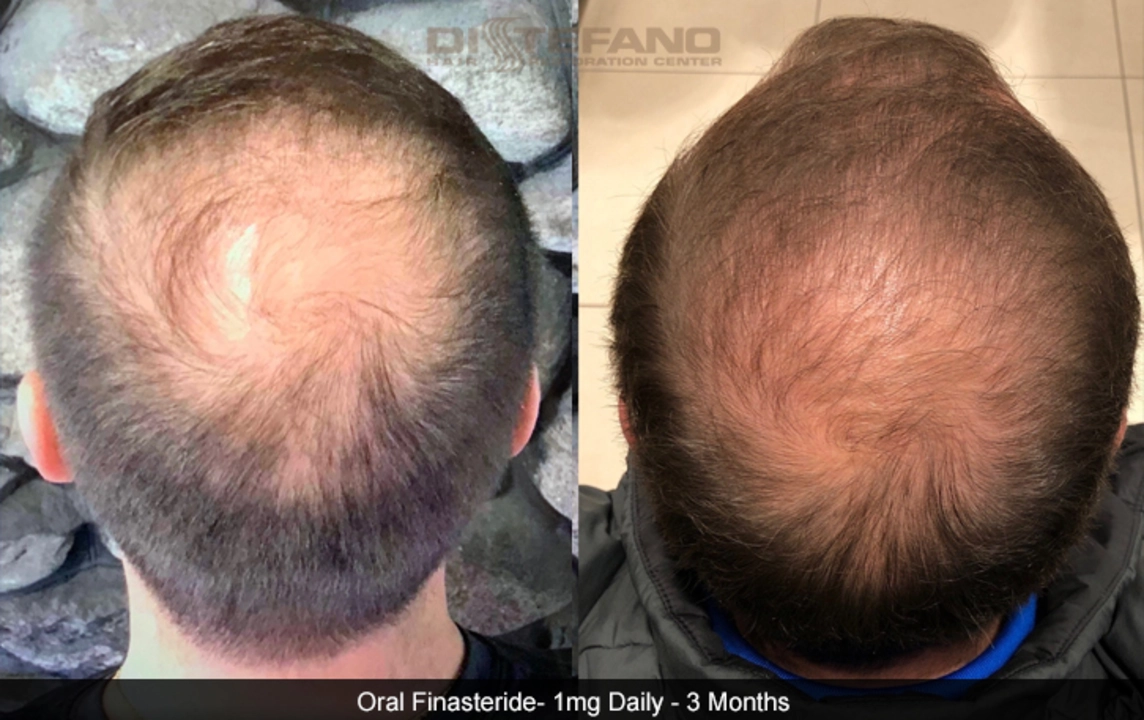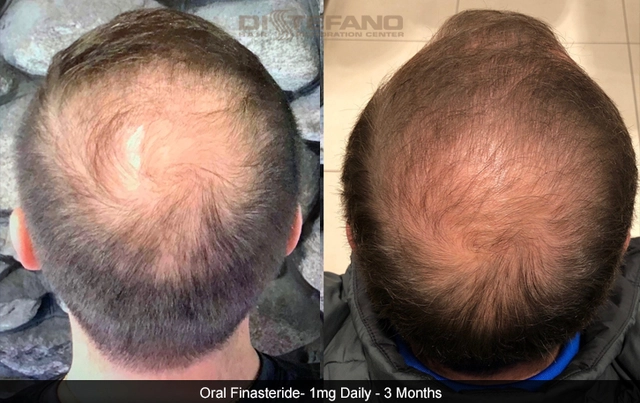June 2023 Archive — Practical reads on meds, supplements, and living well
June brought six focused posts that mix drug safety, real-life tips, and supplement guides. If you want quick, usable takeaways—what to watch for, when to talk to your doctor, and how to improve everyday life with a health condition—this month’s posts deliver that in plain language.
The piece on amiodarone and liver toxicity explains how this effective heart drug can build up in the liver over time. I highlight common warning signs like fatigue, jaundice, and abnormal liver tests, and recommend routine liver-function monitoring. If you or a loved one take amiodarone, ask your clinician about a monitoring plan and what symptoms should prompt immediate review.
Living with sclerosis often isolates people, so I shared simple ways to stay connected: use video calls for short catch-ups, join condition-specific support groups (online or local), and pick hobbies that match your energy and mobility. I also stress honest communication—telling friends what helps you maintain contact prevents misunderstandings and keeps relationships strong.
Gamma Oryzanol gets a straight talk: it’s a rice-bran extract with antioxidant and recovery claims. I cover where people commonly use it—sports, mild hormone support, and heart-health routines—and suggest realistic expectations. If you try it, start with the manufacturer’s dose, check for product quality, and mention it to your doctor if you take other meds.
The Finasteride post lays out who usually benefits and the risks to weigh. Finasteride can slow hair loss and sometimes regrow hair, but some users report sexual side effects. I advise discussing medical history, realistic timelines for results, and follow-up plans with your prescriber before starting treatment.
Mormon Tea is presented as a traditional herbal option for mild energy and digestion support. I point out common ways people use it, what a typical short course looks like, and a reminder: herbs can interact with meds. If you’re pregnant, nursing, or on prescription drugs, check with a healthcare provider first.
The CBT for tinnitus article explains how therapy changes reaction to constant ringing, reducing stress and improving sleep. I note CBT works best alongside sound therapy or hearing strategies and that a trained therapist provides practical tools you can use daily to lower the emotional impact.
Quick takeaways
Monitor safety: ask about liver tests if you use long-term meds like amiodarone. Balance benefits and risks: talk side effects and realistic outcomes before starting treatments like finasteride. Use supplements smartly: verify quality and disclose them to your provider. Keep social ties active with low-effort tech and clear communication. For chronic symptoms like tinnitus, behavioral therapy offers practical relief.
Next steps
Want full details? Click each post for deeper guides and sources. If you’d like, subscribe to get new posts in your inbox—no fluff, just clear advice you can act on. Have a question about one of these topics? Send it my way and I’ll try to cover it in a follow-up post.
In my recent deep-dive into medical research, I stumbled upon the intriguing relationship between Amiodarone, a popular heart medication, and liver toxicity. It appears that prolonged use of Amiodarone can lead to liver damage, given its tendency to accumulate in the organ. Some patients may even develop serious conditions like cirrhosis or acute liver injury. Therefore, regular liver function monitoring is crucial for those on this medication. It's a stark reminder of how vital it is to balance the benefits and risks of any medication we take.
View DetailsLiving with sclerosis can be challenging, but maintaining an active social life is crucial for overall well-being. In my latest blog post, I offer tips to stay connected and engaged with friends and family. Some suggestions include using technology to keep in touch, joining support groups, and participating in accessible hobbies. I also emphasize the importance of self-care and open communication with loved ones. Don't let sclerosis hold you back from enjoying a fulfilling social life!
View DetailsIn my latest blog post, I discuss the incredible benefits of Gamma Oryzanol, a must-have dietary supplement for anyone striving to reach their peak performance. Derived from rice bran oil, this powerful antioxidant not only boosts energy levels but also improves muscle growth and recovery. Additionally, Gamma Oryzanol has been shown to support hormone balance, heart health, and even mental well-being. I highly recommend incorporating this amazing supplement into your daily routine to unlock your full potential and achieve optimal health. Don't miss out on the opportunity to become the best version of yourself with the help of Gamma Oryzanol!
View DetailsIn my latest blog post, I discussed the pros and cons of using Finasteride for hair loss treatment. On the bright side, Finasteride is effective in slowing down hair loss and promoting hair regrowth for many people. However, it might not work for everyone, and some users may experience side effects like decreased libido and erectile dysfunction. It's essential to weigh the potential benefits and drawbacks of Finasteride before deciding if it's the right hair loss treatment for you. Stay tuned for more updates on hair loss treatments and solutions!
View DetailsI recently discovered Mormon Tea, a life-changing dietary supplement that has truly impressed me. This natural remedy has been used for centuries by Native Americans and early Mormon settlers. Not only does it boost energy levels, but it also aids in digestion and helps soothe allergies. I've personally experienced its benefits and can't wait to share it with you all! Give Mormon Tea a try, and let it work its magic on your health and well-being.
View DetailsAs a blogger, I've recently been researching the role of Cognitive Behavioral Therapy (CBT) in managing tinnitus. I've discovered that CBT is an effective way to help patients cope with the emotional stress and anxiety caused by the constant ringing in their ears. This type of therapy focuses on changing negative thought patterns and behaviors, ultimately improving the patient's overall quality of life. Additionally, CBT can be combined with other treatments, such as sound therapy, for a more comprehensive approach to tinnitus management. Personally, I'm glad to know that CBT offers a promising solution for those struggling with this challenging condition.
View Details





